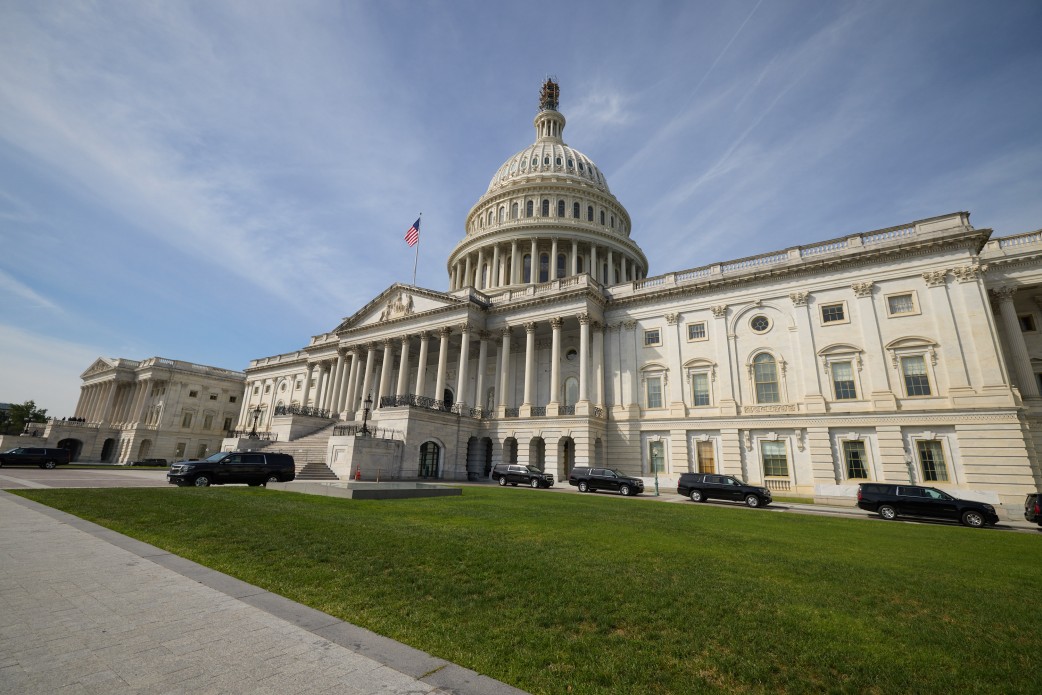Sketch: ITV leaders debate was political ‘pinball machine’
The first chance to witness Keir Starmer and Rishi Sunak tear chunks, or at least nuggets, out of one another came during the ITV leaders debate.


The wall of noise and jeers in the Commons chamber must have felt like comforting, familiar territory to them both, compared to the glare of the ITV primetime spotlight.
Just six questions – six! – compared to the dozens it felt like we rattled through over the hour.
For those who haven’t been following the general election campaign closely, this may have been the first chance to witness Keir Starmer and Rishi Sunak tearing chunks, or at least nuggets, out of one another during the ITV leaders debate.
It was a frenetic pace, often feeling like a political pinball machine as the pair bounced from topic to topic, skipping from the NHS, to immigration, to health, with barely a second to draw breath.
Host Julie Etchingham aimed to keep the show on track, imploring a tetchy Sunak and an occasionally floundering Starmer, repeatedly, to stop interrupting one another.
The set was reminiscent of a vintage video game or space age backdrop, giving a marked contrast to questions on the UK’s crumbling NHS and public services.
Naturally Starmer reminded voters of his background – his toolmaker father, disabled mum and pebbledash semi – while the wealthier Sunak did his best to sound relatable to ordinary voters, mentioning his two daughters, GP dad and pharmacist mum.
The Prime Minister was also relentless in hammering the ‘Labour £2,000 tax rise’ line, which the Labour leader was slower to shut down than his team would have liked.
Ultimately, when the results came in, perhaps we could have all simply had an early night – or gone to the pub instead?
According to YouGov’s snap poll of debate viewers, Sunak triumphed with 51 per cent, with Starmer bringing up the rear on, errr, 49 per cent.
A decisive victory, perhaps, it was not, but the debate did shed a few chinks of light on the campaign to come.
On various key policy areas, the two leaders were closer than some might have expected.
On the US special relationship, notwithstanding Donald Trump’s reelection, on not giving a 35 per cent pay rise to junior doctors, both men were in accord with one another.
While on national security and their previous histories of work as a hedge fund manager and human rights lawyer, they mounted at times harsh personal attacks.
Sunak may have technically outshone his rival in this format, demonstrating an energy and willingness to reiterate his messages, but with more debates to come, will his manner grate?
While a more unpracticed Starmer at times appeared slower, his retorts not always cutting through the noise, will need to up the ante as the campaign continues.
ITV will also host a multi-party debate on June 13, and the BBC will also be hosting two debates and a Question Time special – as well as a series of interviews.

